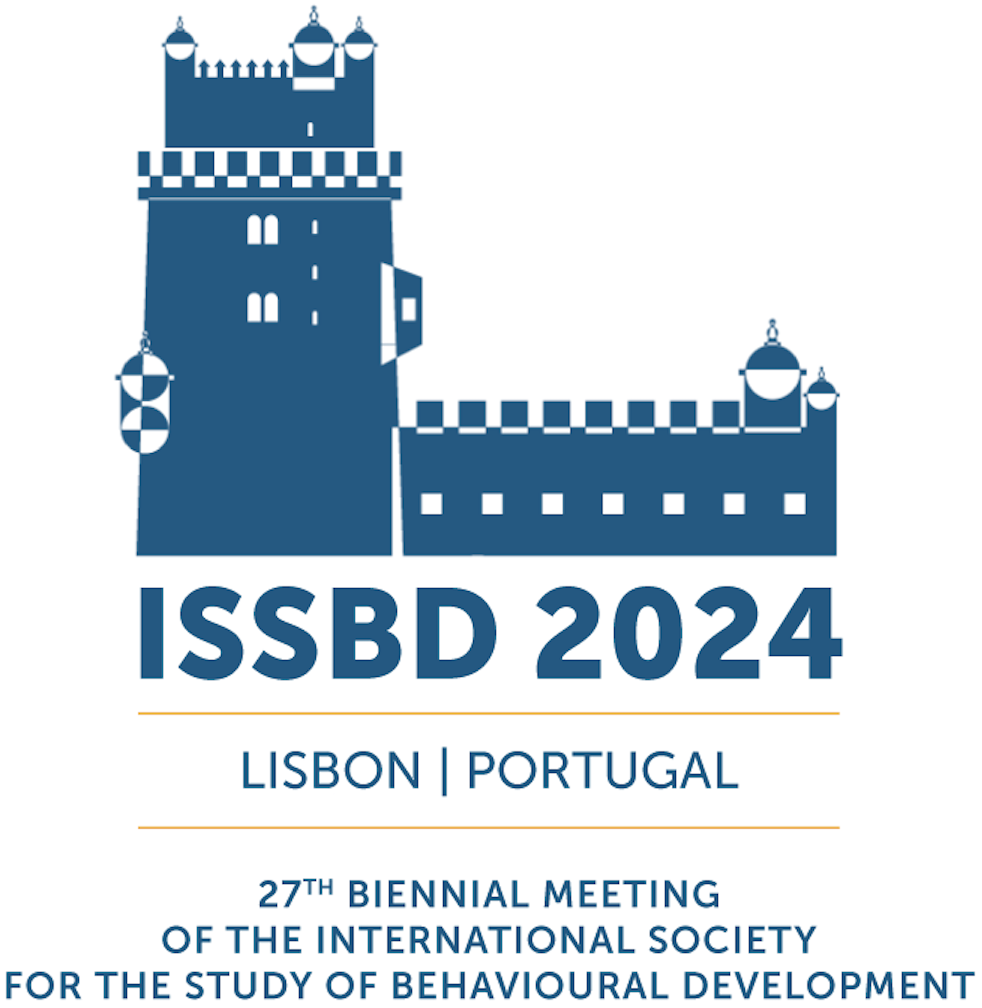Tips to secure a Visa
Securing a visa for international travel, especially for academic conferences, can sometimes be a challenging process, particularly for scholars from developing countries. Here are some tips that may help early career scholars increase their chances of obtaining a visa:
Start Early:
Begin the visa application process well in advance of the conference dates. Embassy processing times can vary, and applying early will allow for any unforeseen delays.
Verify Visa Requirements:
Research and understand the specific visa requirements for the country hosting the conference. Each country has its own set of rules and documentation requirements.
Official Invitation:
Obtain an official invitation letter from the conference organizers. This letter should outline the purpose of your visit, the conference details, and any financial support provided. Some embassies may require a physical copy, so check the specific requirements.
[Invitation letter is only available for Presenters; if you are only attending we can offer a confirmation of registration letter]
Conference Registration:
Show proof of conference registration. A confirmation of your participation can strengthen your case and demonstrate the legitimacy of your visit.
Financial Documentation:
Provide evidence of your financial capability to cover the costs of your stay, including accommodation, meals, and transportation. This can be in the form of bank statements, sponsorship letters, or proof of funding.
Letter from Employer/Institution:
Include a letter from your employer or academic institution stating your position, purpose of travel, and the institution’s support for your attendance at the conference.
Flight Itinerary:
Present a confirmed round-trip flight itinerary. This helps demonstrate your intention to return to your home country after the conference.
Accommodation Confirmation:
Provide confirmation of your accommodation arrangements during the conference. This can be a hotel reservation or a letter of invitation if you’ll be staying with someone.
Travel Insurance:
Purchase travel insurance covering health and accident risks. Some embassies may require proof of insurance coverage.
Strong Ties to Home Country:
Emphasize your ties to your home country, such as family, employment, or ongoing studies. This helps reassure the visa officer that you have a reason to return.
Consistency in Documentation:
Ensure that the information provided in your application is consistent across all documents. Any discrepancies may raise concerns.
Professionalism in Visa Interview:
If an interview is required, be well-prepared. Answer questions confidently and truthfully, emphasizing your commitment to following visa regulations.
Seek Guidance:
If possible, consult with colleagues who have successfully obtained visas for similar purposes. They may offer valuable insights and advice.
Local Support:
If available, seek assistance from academic or governmental institutions in your country that may have experience in supporting scholars with visa applications.
If your country does not have an embassy or consulate of the country you intend to visit, here are tips on how you can obtain a visa:
Identify Neighbouring Countries with Embassies:
Check if the destination country has an embassy or consulate in a neighbouring country. If so, you may be required to apply for the visa through that embassy.
Third-Party Visa Services:
Some countries allow visa applications through third-party visa services. These services may act as intermediaries and collect and process visa applications on behalf of the embassy. Research if this option is available for the destination country.
Consult the Nearest Suitable Embassy:
If there is no representation in your home country or nearby, locate and consult the nearest embassy or consulate of the destination country that covers our jurisdiction area to inquire about alternative application procedures. They may provide guidance on where and how to submit your visa application. Please note: if you decide to also travel to other Schengen countries, you will have to go to the embassy with which country you plan to stay the longest despite that your main purpose is to go to the conference in Portugal.
Use a Visa Application Center:
Some countries have visa application centers or outsourced agencies that handle visa applications. Even if there is no embassy in your country, there may be a visa application center where you can submit your documents.
Apply Online:
Check if the destination country allows online visa applications. Some countries have electronic visa systems that allow applicants to apply online and receive the visa without visiting an embassy. For Portugal here is a link: https://pedidodevistos.mne.gov.pt/VistosOnline/
Travel to the Nearest Embassy:
If feasible, consider traveling to the nearest country where the embassy or consulate is represented to submit your visa application in person. This may involve additional costs, so carefully weigh the benefits against the expenses.
Collaborate with Conference Organizers:
Inform the conference organizers about the absence of an embassy in your country. They may have experience dealing with international participants and may offer support or alternative solutions.
Embassy of a Third Country:
In some cases, a third country might represent the interests of the destination country. Contact the embassy or consulate of a country that has a diplomatic relationship with the destination country and inquire about the possibility of submitting your visa application through them.
Engage with Local Authorities:
Seek assistance from your own country’s Ministry of Foreign Affairs or relevant government department. They may provide guidance on alternative ways to secure a visa when there is no embassy representation.
Consider Visa Facilitation Agreements:
Some countries may have bilateral agreements with neighbouring nations for visa facilitation. Explore whether your country has such agreements in place that could simplify the visa application process.
